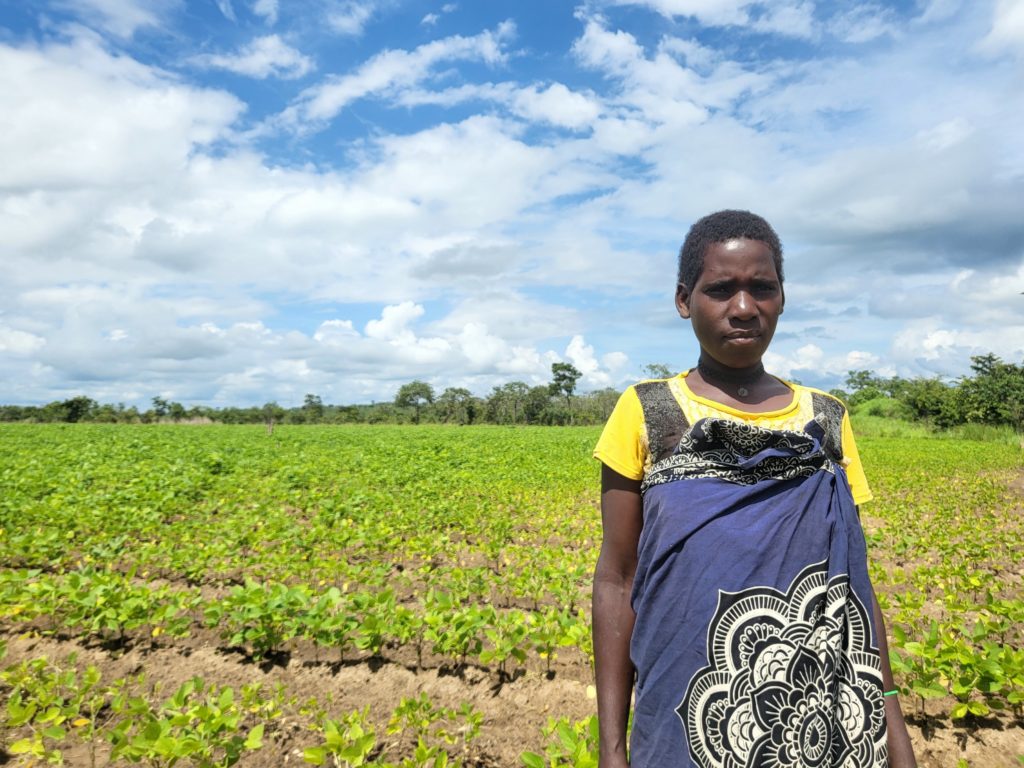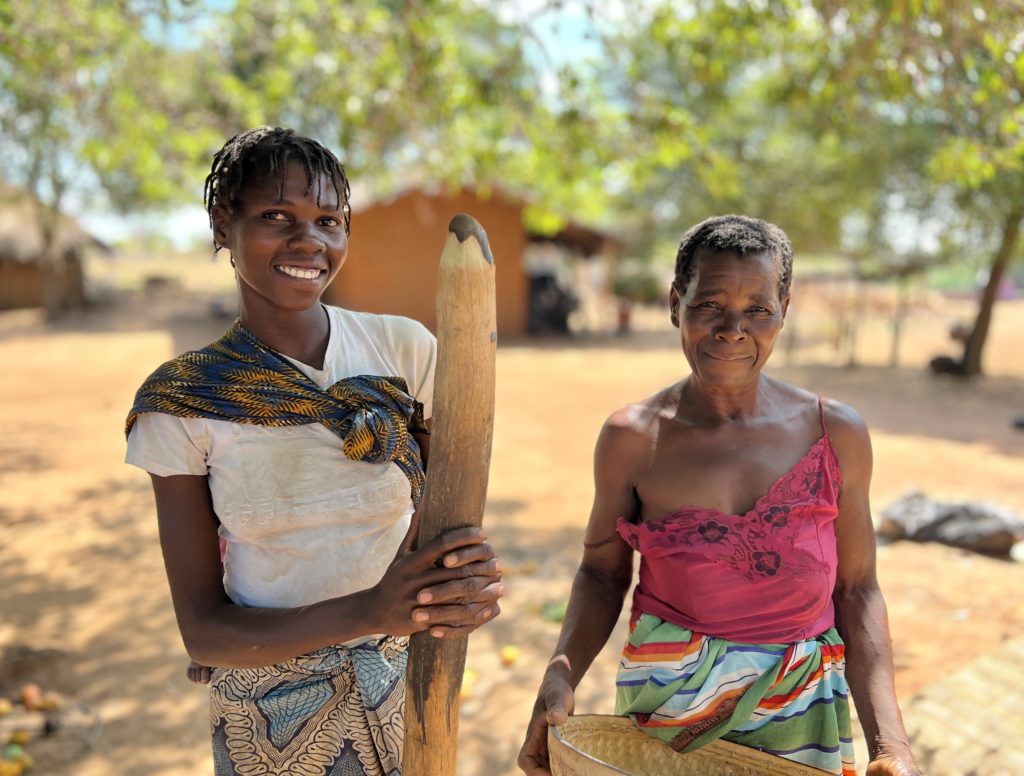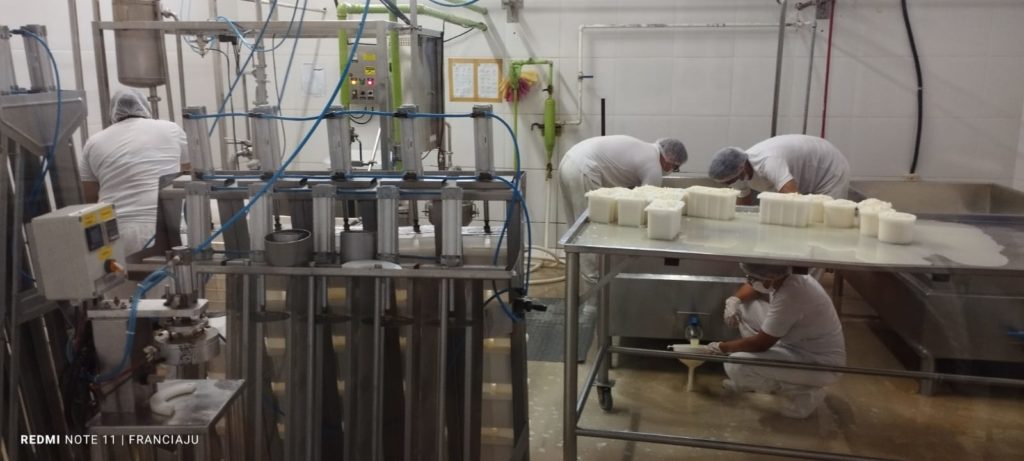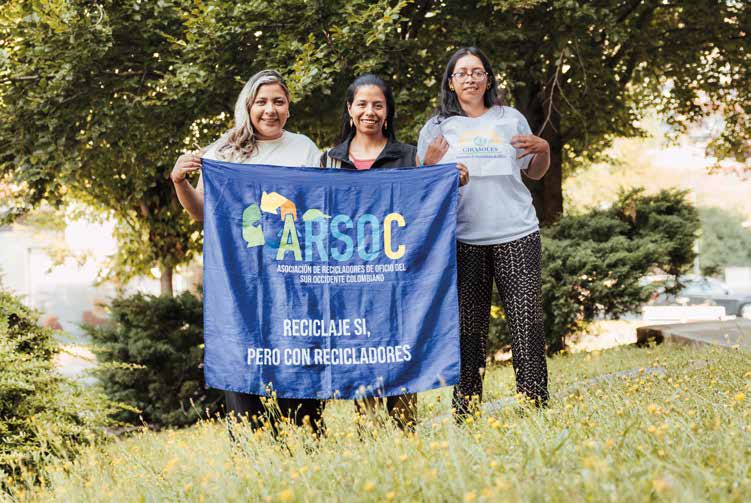Mundukide, wherever you are, works with people who have historically been excluded so that they can make better use of their work and thus improve their income and living conditions, collaborating.
In particular, the Mozambique programme seeks new markets, products and techniques; provides families with technical support and inputs; and brings them into contact with buyers.
Currently, 90% of the staff of the program are Mozambican, and the methodology is fully participative, as different options are offered in which families choose what to work, what techniques to use and when and to whom to sell them.
In the last agricultural marketing year (2023-2024), 14,500 families participated, who, after investing EUR 150,000 from their pocket, cultivating 6,000 hectares and selling 3,500 tonnes of agricultural products, gained a profit of EUR 2 million.
On the other hand, given that the promotion programme for the entire technical assistance system involved an investment of EUR 700,000, it is noted that, for every euro spent, families have earned EUR three with their work. Currently, the techniques and products promoted by the programme are the main income of farmers in four districts, in which more than a third of the population participates.
In addition, the benefit of families using the techniques learned in the programme must be taken into account: some 20,000 families have been followed by the programme, and last year they received a total of EUR 5 million.
Solidarity and responsibility
Deciding, working, investing, joining forces, learning and using new techniques. This is the programme’s natural way of working and shows that, when cooperation serves people’s eagerness for progress, even in the most difficult conditions, important changes can be made.
For this reason, it is necessary to continue to collaborate, since the approximately 30,000 families that have so far participated in the programme represent only 20% of the farmers in the region. The methodology and management systems of the programme are changing, but support is needed to continue working with an even larger number of families.
These are the experiences and opinions of peasants who, at different stages of their lives, met Mundukide and thus changed their lives.
Selima Lourenço, Production of sesamo and soy (Cape Delgado Province)
“I had to leave my house, Muidumbe, because of the problems among the Mozambicans in Cabo Delgado, it was dangerous to stay there. When I arrived in Balama I had nothing and we had to ask for asylum in a displaced camp. Ever since I work with Mundukide I’ve gotten a chance to work and I’m working hard and learning a lot, I’ll soon be able to get my own and my family back in a safe place.”
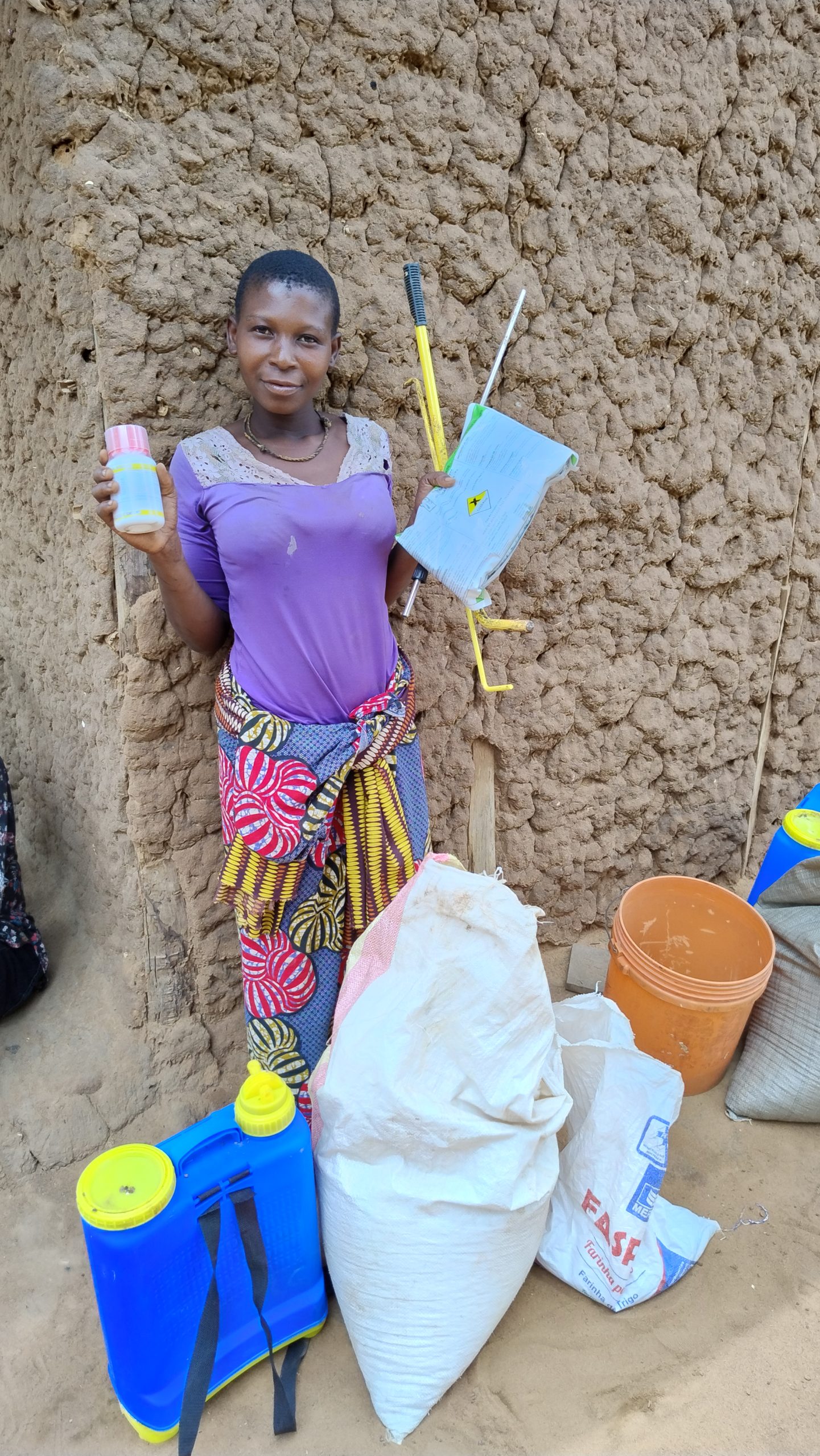
Veronica Miudumbe, Soya Producer (Niassa Province)
“I joined the Mundukide program in Majune for several years. I used to do tobacco, but only a few years helped us. Now every year I raise the area I grow and this year I have managed to sell my soy production at a very good price, so all my children will be able to continue in school as I will be able to pay someone to help me in the field.”

Paulo Tomas, Farmer and president of the Estrella Farmers Association (Cape Delgado Province)
“For many years we have collaborated with Mundukide and the work has been changing. At first, as producers, we managed to improve our techniques and have access to the seeds of crops that we managed to sell later. Now, as a partnership, we are also looking for people who at some times join the Mundukide team. We will continue to join the program as they always support us in some way or another and are always close.”
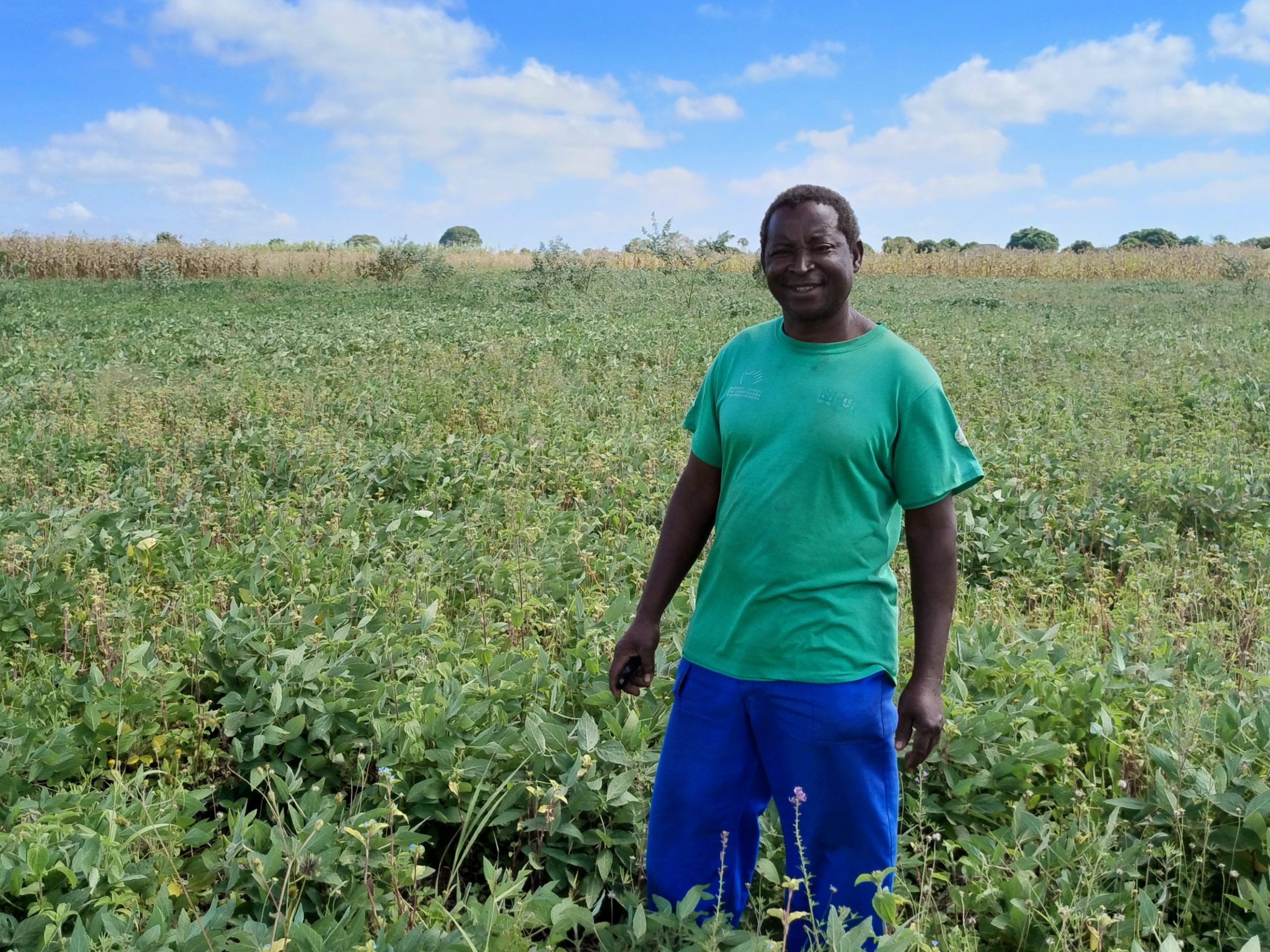
Antonio Raimo, Sésamo (province of Cabo Delgado)
“Last year I produced soy, but I got low prices. This year I’ve also decided to make some soy, but I’ve also started with sesame. Mundukide helped me get everything needed to make the seed and the right production, and I’ve gotten the money to live better. Next year I will try to broaden the field to get a little more.”

